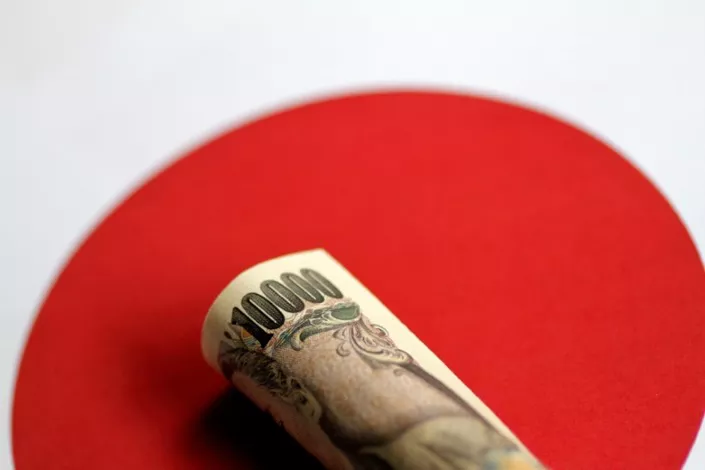A potential shift in U.S.-Japan trade relations could occur as the U.S. pushes for foreign exchange (FX) discussions in upcoming bilateral talks, according to strategists at Citi.
Japan’s Finance Minister Katsunobu Kato is scheduled to meet with U.S. Treasury Secretary Scott Bessent in Washington this week for a second round of trade negotiations. Currency policy was not on the agenda during last week’s visit by Japan’s Minister for Economic Revitalization Ryosei Akazawa. However, Citi notes that Bessent has expressed interest in including exchange rate discussions in trade talks with Japan.
This development has fueled speculation about the possibility of a new “Plaza Accord 2.0,” a reference to the 1985 agreement that led to a sharp rise in the yen’s value. Citi believes that while a broader multilateral deal like a “Mar-a-Lago Accord” is unlikely for now, bilateral talks with Japan could take a different direction.
Citi strategists suggest that the U.S. may be aiming for an exchange rate of ¥100 per dollar, with Japan possibly tolerating a gradual appreciation of the yen to ¥130 per dollar. The two countries could eventually settle at ¥120 per dollar as a compromise.
The original Plaza Accord, which targeted a 10-12% drop in the dollar, led to a significant depreciation of the U.S. currency in the mid-1980s. The dollar fell from ¥200 per dollar to ¥120 per dollar by the end of 1987, far exceeding initial expectations. A similar move today would see the yen appreciate from the current ¥140 per dollar to ¥120 per dollar, with the U.S. possibly changing its stance around ¥100 per dollar.
However, Citi cautions that the situation today is different. The financial and economic environment has changed significantly since 1985, and Bessent’s background in market economics contrasts with the legal approach taken by former U.S. Treasury Secretary James Baker during the original Plaza Accord.
Rather than intervening directly in currency markets, Citi suggests that Bessent may focus on structural adjustments, such as encouraging the Bank of Japan to normalize its monetary policy. This would allow for a stronger yen through domestic policy shifts rather than coordinated currency actions.
Despite the speculation, Citi believes any meaningful exchange rate agreements are unlikely to come from this week’s meeting. The firm does not expect a market-moving announcement on exchange rates in the near future.
After recent U.S. market volatility linked to tariffs, the dollar has weakened against the yen, nearing a technical floor around ¥140 per dollar. While a short-term rebound to ¥145 per dollar is possible, Citi maintains a bearish medium- to long-term outlook for the USD/JPY exchange rate.
Related topics:


